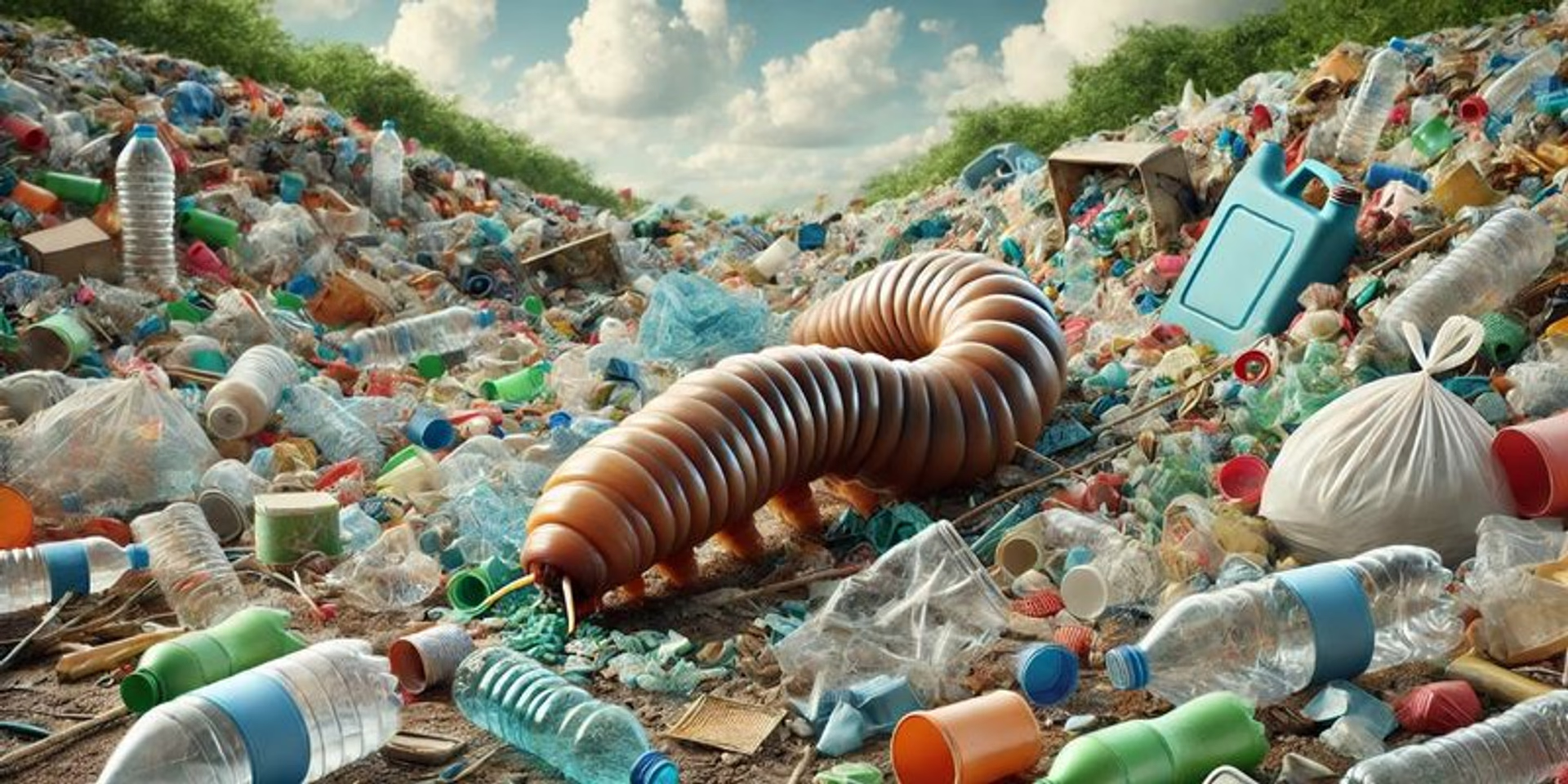Study Reveals Mealworms Can Consume Plastic, But Have Limited Effect on Pollution Crisis

A recent study by researchers at the University of British Columbia has shed light on the limited potential of mealworms in combating plastic pollution. Published in Biology Letters on December 4, the research demonstrates that while mealworms can consume plastic, the process is far too slow to address the growing environmental crisis. The study found that it would take about 100 mealworms approximately 138 days—or nearly 4.5 months—to consume just one disposable face mask made from polypropylene. These findings highlight the impracticality of relying on insect larvae as a large-scale solution for plastic degradation.
Plastic pollution, particularly in the form of microplastics, continues to be a significant global concern. Microplastics, which are plastic fragments smaller than 5 millimeters, have been linked to various health risks, including increased chances of heart attacks and strokes. Previous studies have shown that certain insect species, such as yellow mealworms (Tenebrio molitor) and superworms (Zophobas atratus), can break down certain plastics. However, these experiments typically used powdered or pure plastic forms, rather than the complex, manufactured items like face masks and packaging that are widespread in everyday life.
For this study, led by ecologist Dr. Michelle Tseng, the researchers took a more practical approach by testing disposable face masks, which are made of polypropylene and contain additives from the manufacturing process. To make the plastic more digestible, the team processed the masks into small microbits and mixed them with wheat bran, creating a mixture they dubbed “face-mask granola.” The mealworms were able to consume the granola mixture, demonstrating that they could eat plastic under certain conditions, but at a much slower rate than might be expected for large-scale waste management.
Despite these observations, the study emphasizes the challenges of using mealworms as a viable solution to plastic pollution. The slow consumption rate, combined with the complexity of real-world plastic waste, makes it clear that mealworms alone cannot significantly reduce the growing plastic problem. While insects like mealworms could play a small role in managing plastic waste, addressing the broader pollution crisis will require more comprehensive strategies, including better waste management systems and advances in biodegradable materials.














